"Attitude, energy, enthusiasm, and imagination that’s all you need besides a bat and ball.", said Steve Waugh.
With a healthy dose of aggressiveness, Steve Waugh was bestowed with mental stamina and patience. Under Waugh’s guidance, Australia was not only dominating its opponents in games but also completely changing the way red-ball cricket was played. This was greatly aided by his leadership as well as by his tenacious batting approach, which aimed to exhaust the bowlers before feasting on them.
| Born: 2 June 1965 | Nationality: Australia |
| Years Active: (1985-2004) | Birth Place: Campsie, New South Wales |
| Height: 5ft 10in | Role: Middle order Batsman |
| Batting Style: Right-Handed | Bowling Style: Right-arm medium |
| Nickname: Tugger, iceman |
Waugh was one of Rodger and Beverley Waugh's twin sons. He took birth four minutes before Mark, who later represented Australia in cricket. Their mother worked as a teacher for the New South Wales Department of Education, and their father was a bank employee. The family made their home in the Panania neighborhood of Southwest Sydney. Again the couple was blessed with two boys, Dean (who played first-class cricket in Australia) and Danny(who played first-grade cricket for Sydney University Cricket Club). Two brothers of Waugh. Parents introduced their kids to sports at a young age. The twins began participating in organized tennis, cricket, and soccer by the age of six. The brothers were dismissed from their debut cricket game for Duke.
Austin Waugh, son of Steve Waugh also followed in his father's footsteps and became a member of the Australian U19 team that competed in the 2018 World Cup.
In the 1984–85 season, Waugh made his New South Wales (NSW) first-class debut, batting ninth and bowling at a medium pace. He batted with the tail that year and made 71 runs in the Sheffield Shield final, which helped NSW win.
Steve enjoyed playing cricket on the big stage, whether it was during the World Cups or the Ashes. Waugh’s batting posture and technique weren't particularly attractive, but quite effective.
The 1987 ICC Cricket World Cup, which was played in the Indian subcontinent, marked Steve Waugh's career's turning point. His fast strikes during the last few overs of the Australian innings were also helpful. Waugh scored 16 runs in the semi-finals during the last Australian innings over. Australia ultimately triumphed by 18 runs.
He helped Australia win the game for the first time. In the game, he scored 167 runs at an average of 55.66 and claimed 11 wickets. Waugh scored his first Test century during the 1989 Ashes series at Leeds with a knock of 177*. He then followed it up at Lord's with a knock of 152*. He scored 506 runs in total for the series.
In the final test of the Frank Worrall series against the West Indies in Jamaica in 1995, Steve and his twin brother Mark Waugh led to a 231-run partnership. He went on to register his first double hundred, which assisted Australia in ending West Indies' 15-year streak of undefeated series.
Steve Waugh was replaced by his brother Mark in the Test format in 1989–1990 due to a spate of poor performances against the West Indies and England.
His career's second half would be defined by the omission as he reduced the frequency of hazardous shots and practiced patience. He began to watch for the stray ball and fired it toward the fence.
Steve Waugh was the captain of Australia in the 1999-2000 season after the retirement of Mark Taylor. Under his leadership, Australia conquered all countries except India, signaling the onset of a new era. They won 16 test matches, which is still a record.
Australia's victory at the 1999 ICC Cricket World Cup was supervised by Steve Waugh. In a super-six game against South Africa, he scored a pivotal knock of 120*, which is regarded as the tournament's turning point. He entered the field as Australia was 48/3 and needed to score 272 to reach the semifinals. Herschelle Gibbs allegedly told him, "Mate, you just dropped the World Cup," after dropping him on 56.
Australia won 67 out of 106 ODI matches and 41 out of 57 test matches while he served as captain.
He led the team in fifteen matches of their record sixteen consecutive test wins and to victory in the 1999 Cricket World Cup.
With 41 victories and a 72% winning percentage in Test matches, Waugh is regarded as the most successful test captain in history.
With 168 appearances, he held the record for the most Test cricket caps in history until Sachin Tendulkar from India overtook him in 2010.
In January 2010, he was inducted into the ICC Cricket Hall of Fame in front of his home supporters at the Sydney Cricket Ground.
Waugh has received the Order of Australia and the Australian Sports Medal, and he is listed by the National Trust of Australia as one of 100 Australian Living Treasures. According to a fan poll the CA held in 2017, he was included in the nation's top Ashes XI in the last 40 years.
In Sydney in 2004, Steve Waugh played his final Test match against India. He defeated India's aspirations to win a test series in Australia by scoring 80 in his final innings.
Steve Waugh has been a devoted traveler since his retirement. By establishing a center in Kolkata for the daughters of lepers, he has also contributed to charitable work.

A successful, recognizable, and ideal player; he is among the most well-known, admired, and respected cricketers. In order to retain the Australian cricket culture, Waugh urged his teammates to be genuinely reverent of the nation's cricketing history.
| ODI | |
|---|---|
| Matches: 325 | Run Scored: 7569 |
| Batting Average: 32.62 | Top Score: 120 |
| 100/50: 3/45 | Wickets: 195 |
| T20 | |
|---|---|
| Matches: 1 | Run Scored: 10 |
| Batting Average: 10 | Top Score: 10 |
| 100/50: 0/0 | Wickets: 1 |
| Test | |
|---|---|
| Matches: 168 | Run Scored: 10927 |
| Batting Average: 50.59 | Top Score: 200 |
| 100/50: 32/50 | Wickets: 92 |
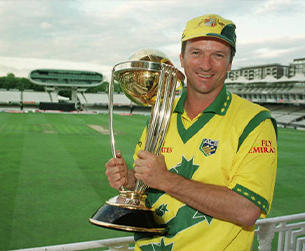
Sachin Tendulkar of India fields during the 2011 ICC Cricket World Cup Group B match between India and the Netherlands at Feroz Shah Kotla stadium on March 9, 2011 in Delhi, India.
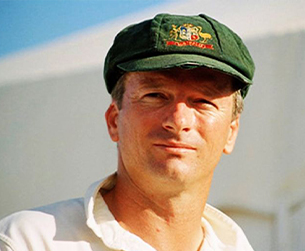
Sachin Tendulkar of India raises his bat on scoring his century during the Group B ICC World Cup Cricket match between India and South Africa at Vidarbha Cricket Association Ground on March 12, 2011 in Nagpur, India.
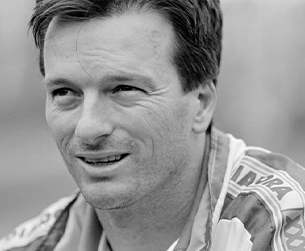
Sachin Tendulkar of India hits out watched by wicketkeeper Matt Prior of England during day five of the 4th npower Test Match between England and India at The Kia Oval on August 22, 2011 in London, England.
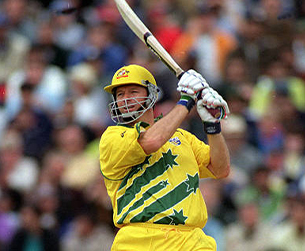
Sachin Tendulkar reach the iconic landmark of 100 international centuries against Bangladesh in the Asia Cup in 2012
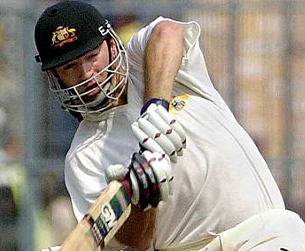
Sachin's first Test century
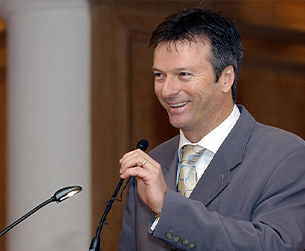
Sachin Tendulkar’s dream to hold the World Cup in his hands and in 2011 it finally happened.